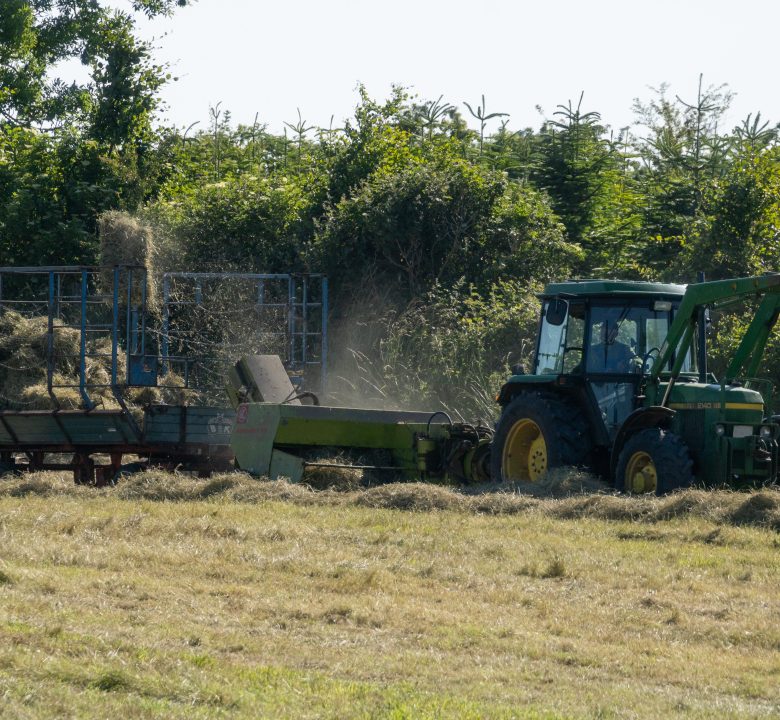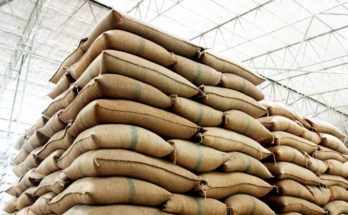
9 AgriBusinesses you can start from Composting
January 31, 2023
9 Sustainable Agribusiness models that will make a difference in Africa
January 31, 2023Introduction
There are many different ways to make a living from sustainable agriculture agribusiness. However, the most important thing to remember is that you must start small.
The conventional practices known to all are often framed around finding a location that has soil and water for farming. If you have these two things then you can grow vegetables, fruits and grains. The second step is to find seeds, germinate and plant them in the ground. After they grow, harvest them and store them in a cool place. A basement or shed until they’re ready for sale. You can also buy some fertilizer like manure or compost from local farmers. Enhance your farm yield by improving the quality of your soil and crops.
—
Despite the abundance of resources, food production is still not adequate enough to meet the needs of the growing population. In this article, we will explore some sustainable agribusinesses you can start today to help solve this problem.
A sustainable agribusiness is a company that focuses on providing long-term environmental and social benefits for future generations through its practices.
Source: LuckyUdu/YouTube
The following are 9 sustainable agribusiness where you can make an impact today:
- Urban agriculture. With rapid urbanization taking place in many parts of Africa, there is a growing demand for fresh, locally-grown produce in cities and within close proximity to urban population centers. Startups that focus on urban agriculture can capitalize on this trend by using innovative growing techniques, such as vertical farming or hydroponics, to produce high-quality fruits and vegetables in and around urban areas.
- Grass-fed livestock Africa has a long tradition of raising livestock. But many animals are currently raised in feedlots and fed grains, which can be environmentally damaging. Startups that focus on grass-fed livestock can differentiate themselves by using more sustainable and humane practices. Such as allowing animals to graze on pastureland.
- Aquaculture: Africa has a wealth of natural resources, including rivers, lakes, and coastal waters, that can be used for aquaculture. Startups that focus on sustainable aquaculture can help to meet the growing demand for fish and other seafood, while also preserving natural ecosystems.
- Agroforestry: Agroforestry combines the cultivation of crops with the planting and management of trees and other vegetation. It can help to improve soil health, reduce erosion, and increase carbon sequestration. Startups that focus on agroforestry can help to promote sustainable land use and improve the livelihoods of smallholder farmers.
- Sustainable forestry. Africa is home to a vast array of forest ecosystems, but many of these forests are under threat due to logging and other activities. Startups that focus on sustainable forestry can help to preserve these forests and promote the responsible use of wood and other forest products.
- Sustainable farming practices. Many smallholder farmers in Africa still rely on traditional, low-input farming practices, which can be environmentally damaging and unsustainable. Startups that focus on promoting sustainable farming practices, such as conservation agriculture, can help to improve the productivity and sustainability of smallholder farming systems.
- Renewable energy for agriculture. Many smallholder farmers in Africa lack access to electricity, which limits their ability to use modern technologies and techniques. Startups that focus on providing renewable energy solutions, such as solar power or biodiesel, can help to improve the productivity and sustainability of smallholder farming systems.
- Sustainable food processing and packaging. The food processing and packaging industries are major sources of waste and pollution in many parts of Africa. Startups that focus on developing sustainable food processing and packaging technologies can help to reduce waste and improve the sustainability of the food system.
- Sustainable water management. Water is a critical resource for agriculture, but many parts of Africa face water scarcity due to a combination of factors, including population growth and climate change. Startups that focus on sustainable water management can help to improve the efficiency of water use in agriculture and reduce the impact of water shortages on food production.
Next Steps
Investing in any of the following sectors in Africa would be a smart move for any investor. With the right expertise, right team and direct access to your target market the impact felt from successfully creating a revenue generating start up in the above sectors would be sustainable and help to promote sustainability in agribusiness across Africa.




